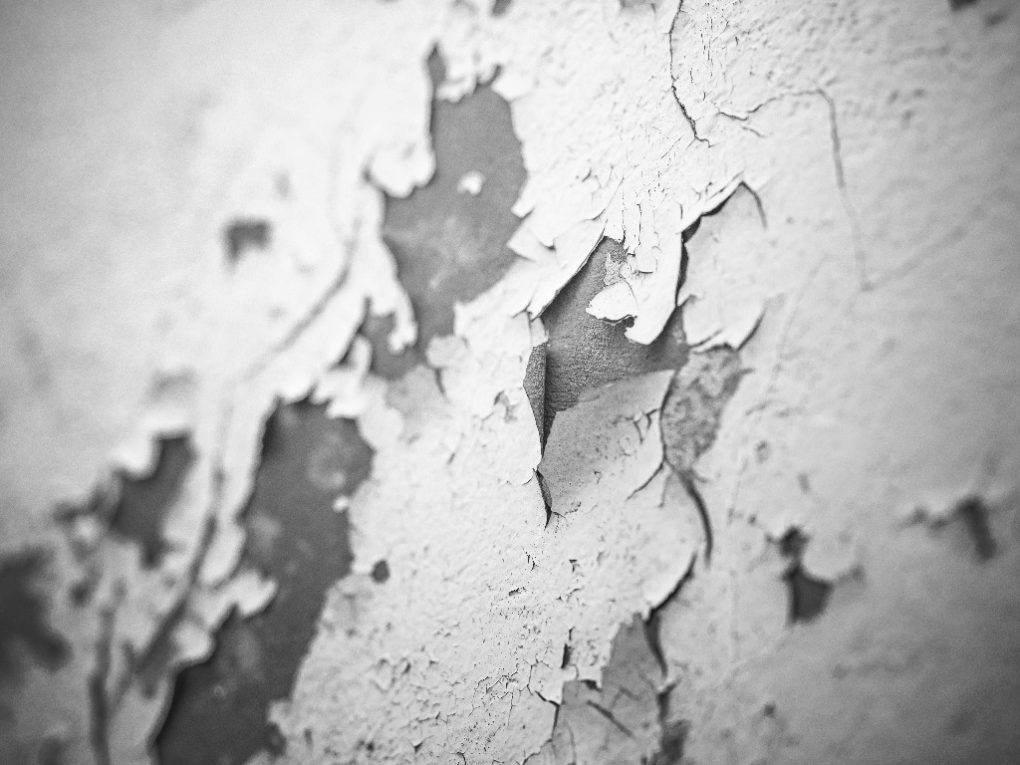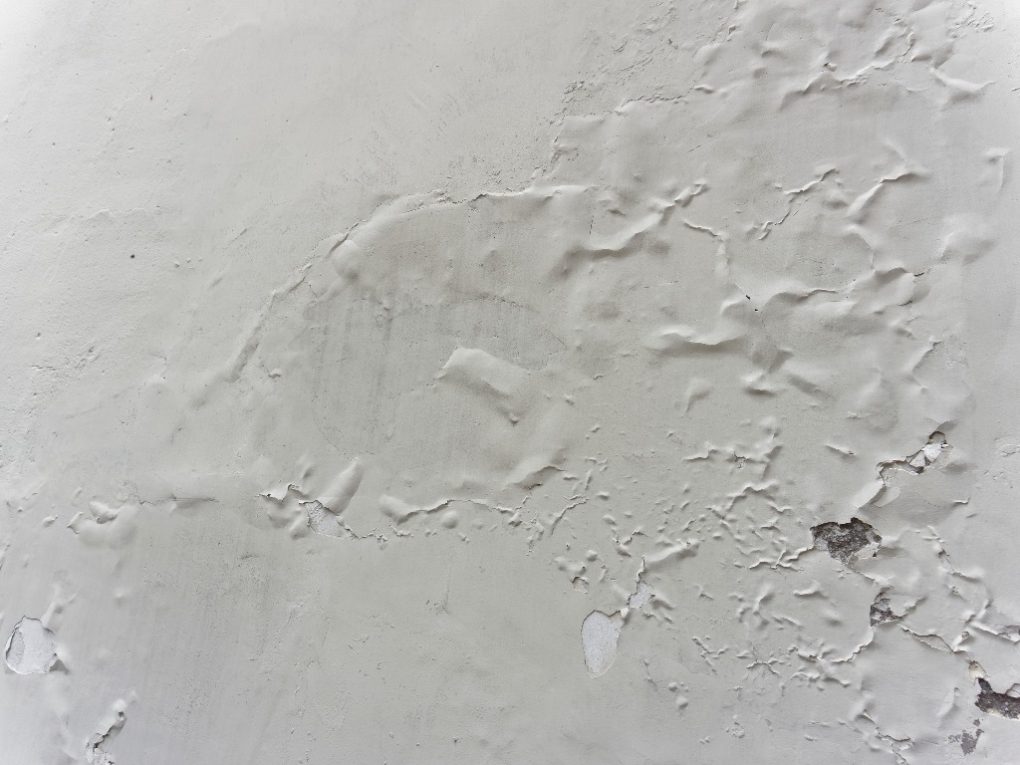Why Paint Peels Off Walls in Sheets: Understanding the Causes
One of the most common causes of peeling paint is moisture. If water gets into the wall, it can cause the paint to lose its adhesion and peel off in sheets. This can happen if there is a leak in the roof or plumbing or the room is not properly ventilated. Other factors contributing to peeling paint include applying paint in poor temperature conditions and using the wrong paint for the surface.


Preventing paint from peeling off your walls requires a bit of effort, but avoiding the frustration of dealing with this problem is worth it. By identifying and addressing the peeling paint’s cause, you can keep your walls looking great for years. In the following sections, we’ll look at some of the most common causes of peeling paint and provide tips for fixing the problem.
Causes of Paint Peeling in Sheets
Moisture in the Wall
One of the most common causes of paint peeling in sheets is moisture getting into the wall, confirming to Rochele Painting. This can happen when there is a leak in the roof or plumbing or when water seeps in from outside. Moisture can also accumulate inside the wall due to condensation or high humidity. When moisture gets into the wall, it can cause the paint to lose its adhesion to the surface and start peeling off in sheets.
Poor Surface Preparation
Another common cause of paint peeling in sheets is poor surface preparation. If the surface is not properly cleaned, sanded, or primed before painting, the paint may not adhere well to the surface and start peeling off in sheets. Therefore, it is important to remove any dirt, dust, grease, or loose paint from the surface before painting to ensure proper adhesion.
Using Low-Quality Paint
The paint quality can also affect how well it adheres to the surface. For example, using low-quality paint with poor adhesion properties can cause it to peel off in sheets. Therefore, it is important to use high-quality paint specifically designed for the painted surface.
Applying Too Many Layers of Paint
Applying too many layers of paint can also cause it to peel off in sheets. When too many layers of paint are applied, the weight of the paint can cause it to lose its adhesion to the surface and start peeling off in sheets. Therefore, it is important to follow the manufacturer’s instructions for the number of coats of paint to apply and to allow each coat to dry completely before applying the next one.


Effects of Paint Peeling in Sheets
Aesthetics
Peeling paint in sheets can be an eyesore and diminish the overall appearance of a room. Based on observation, it can make a space look old, neglected, and unkempt. In addition, it can reduce the value of a property, making it harder to sell or rent. Homeowners and landlords should take care of peeling paint to maintain the aesthetics of their properties.
Structural Damage
Peeling paint in sheets can also indicate underlying structural damage. Moisture can seep through the peeling paint and damage the walls or ceiling, leading to mold growth, rotting, and other structural issues. If left untreated, these problems can become more severe and costly. Therefore, it is important to address peeling paint promptly to avoid further damage.
Health Risks
Peeling paint in sheets can also pose health risks, especially if the paint contains lead or other harmful substances. For example, lead-based paint was commonly used in homes built before 1978, and if disturbed, it can release toxic dust that can cause lead poisoning.
Even if the paint does not contain lead, inhaling dust or fumes from the paint can cause respiratory problems, headaches, and other health issues. Homeowners should protect themselves and their families when dealing with peeling paint.
Prevention and Solutions
Identifying the Cause of Peeling
To prevent paint from peeling off walls in sheets, it’s important to identify the cause of the problem. As mentioned earlier, peeling can be caused by various factors, including moisture, poor surface preparation, low-quality paint, and wrong application conditions. Once you identify the cause, you can take steps to prevent the problem from recurring.
Proper Surface Preparation
Proper surface preparation is crucial to prevent paint from peeling off walls. Before painting, ensure the surface is clean, dry, and free of dust and debris. Use a scraper to remove any loose or flaking paint. Sand the surface to create a smooth and even base for the new paint. If the surface is stained or dirty, wash it with soap and water, and rinse thoroughly. If necessary, use a primer to ensure good adhesion of the paint.
Choosing High-Quality Paint
To prevent paint from peeling off walls, choosing high-quality paint is important. Low-quality paint may contain fillers and other additives that can compromise its durability and adhesion. Look for paint specifically formulated for the surface you’re painting, whether it’s drywall, wood, or masonry. High-quality paint may cost more, but it will last longer and require less maintenance in the long run.
Applying Paint in the Right Conditions
To prevent paint from peeling off walls, it’s important to apply it in the right conditions. Avoid painting in high humidity, extreme temperatures, or direct sunlight. These conditions can affect the drying and curing of the paint and compromise its adhesion.


Follow the manufacturer’s instructions for the recommended temperature and humidity range for the paint you’re using. Also, avoid painting over wet surfaces, which can cause the paint to blister and peel.
Regular Maintenance
To prevent paint from peeling off walls, it’s important to maintain the painted surface regularly. Inspect the surface periodically for signs of peeling or cracking, and address any issues promptly.
Clean the surface regularly with a mild detergent and water, and avoid using harsh chemicals or abrasive cleaners that can damage the paint. Touch up any small areas of damage with a brush or roller, and repaint larger areas as needed. Regular maintenance can help extend the life of your paint job and prevent peeling in the future.
